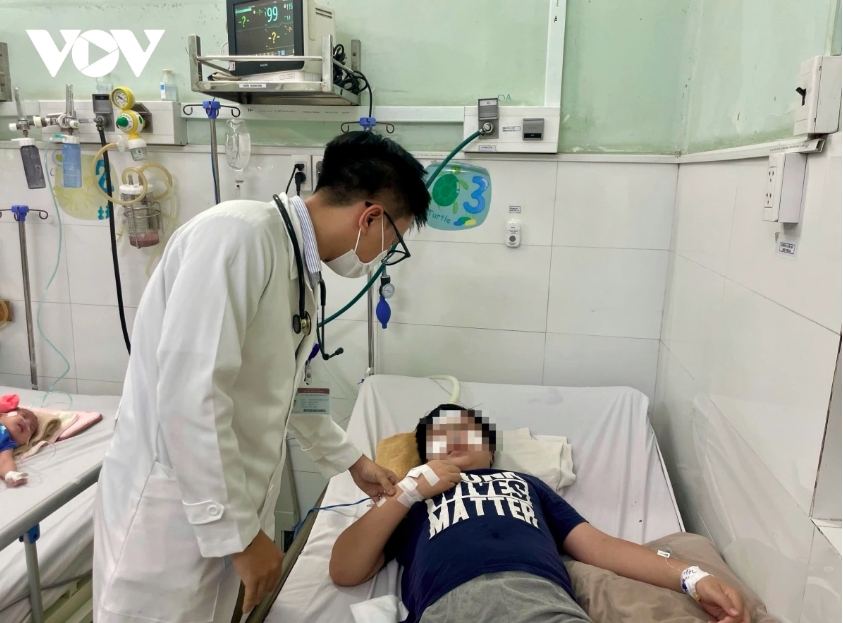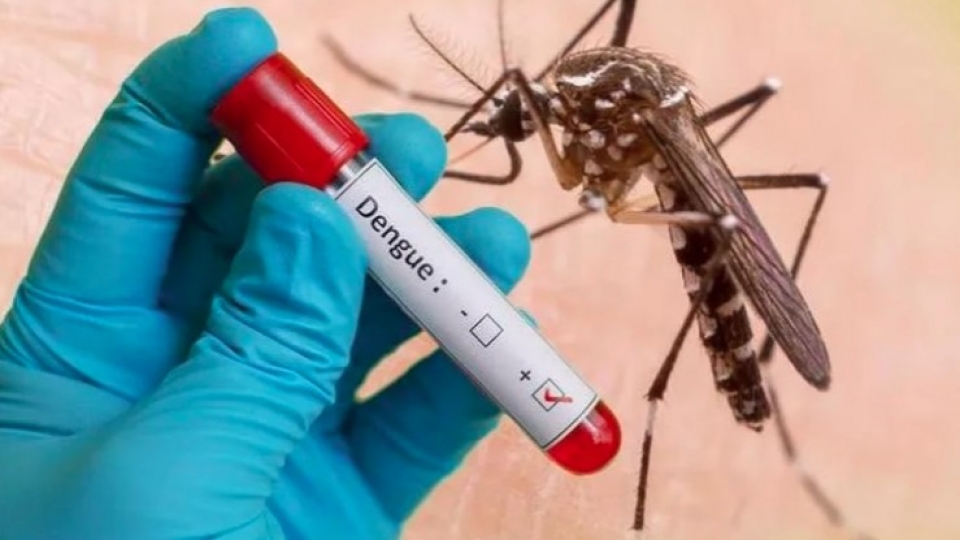Over 86,000 cases of dengue fever this year with 17 deaths: Health Ministry
VOV.VN - Dengue fever is surging across Vietnam, with over 86,000 infections and 17 deaths recorded so far this year, according to the Ministry of Health.

The number of infections represents a 15.3% increase compared to the same period last year, raising serious concerns about the spread of this mosquito-borne disease.
August alone saw 21,152 cases and six deaths, highlighting the growing burden on the healthcare system and the urgent need for enhanced disease control measures.
Dengue is no longer a predictable and easily managed illness, warned Dr. Angela Pratt, WHO representative in Vietnam, while addressing a national conference on preventive medicine on October 3.
Due to climate change, dengue has become a far more complex challenge, she stated, adding shifting rainfall patterns and rising temperatures have fueled more frequent and severe outbreaks globally.
Dr. Pratt emphasised that nearly half of the world’s population is now at risk of contracting dengue. She also noted an increase in other climate-sensitive diseases such as Chikungunya and the growing difficulties in eradicating malaria.
Extreme weather events like storms, floods, and heatwaves not only cause direct harm but also increase the risk of disease transmission, particularly affecting vulnerable groups like children and the elderly.
According to Dr. Dong Phu Khiem, deputy director of the Intensive Care Centre, National Hospital of Tropical Diseases in Hanoi, dengue typically begins with mild symptoms like high fever, body aches, and headaches. By the fourth day, as the fever drops, many patients begin to feel better; however, this period can be deceptive.
“It is precisely when the fever subsides that complications may arise—especially in elderly patients, those with chronic illnesses, or individuals who are overweight,” he said.
He stressed the importance of daily medical monitoring from the fourth to the seventh day of illness. Warning signs such as severe abdominal pain, excessive vomiting, fatigue, nosebleeds, oral bleeding, chest tightness, or difficulty breathing require immediate emergency attention, as they may signal life-threatening complications.
Health authorities continue to urge the public to remain vigilant, seek prompt medical evaluation for suspected cases, and take preventive measures to avoid mosquito bites as the country grapples with this alarming outbreak.



